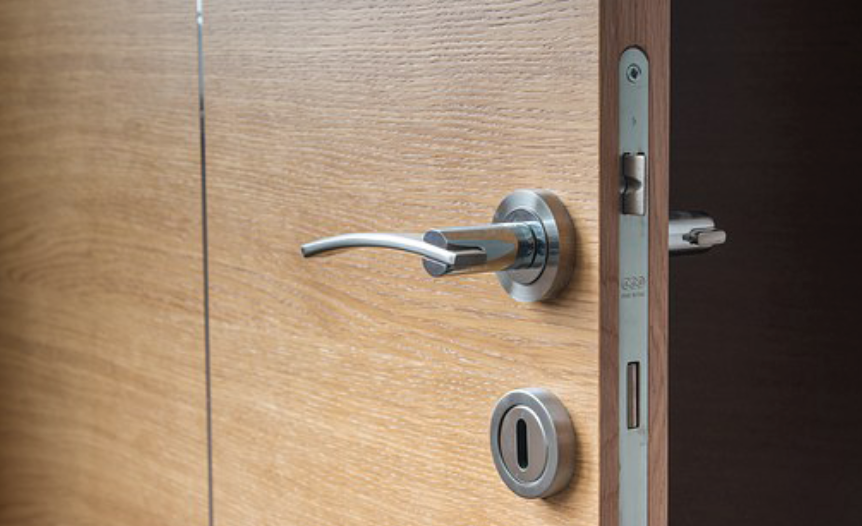
Adam Capotorto
Contributing Writer
About two weeks ago, three juveniles presented a demolition derby in SciTech and Stroud Hall.
What is the best part of this story? The juveniles were not even ESU students.
This raises the question, should ESU spaces be open to the public?
In my opinion, yes.
Yes, it should.
I am well informed of exactly how much damage these individuals caused, and just how easy it was for them.
However, closing down spaces on campus will not prevent an incident like this from occurring.
Instead, it will just cause more trouble for the student body here at the ESU campus.
I have visited a respectable amount of college campuses.
It is safe to say that most, if not all of them are incredibly relaxed with the security employed for its’ institution.
Drexel University, a private university in Philadelphia, Pennsylvania, has a professional security agency that check-in visitors at the residential halls. While this sounds stern, it is actually very tame.
Individuals interested in visiting walk up with their host and give their ID to the worker.
Afterward, they have their photos taken and that is it.
They are officially a visitor to the residential hall.
The entire process takes ten seconds.
Not to mention there is a single security desk in every residential hall.
Some of these halls have over 20 floors, representing very much of a miniature skyscraper.
With that amount of traffic, walking around campus is easy, especially with a large crowd. Aside from the residential halls, other buildings are easily accessible and open to the public during most hours of the day.
This is a university located in the heart of Philadelphia with a yearly tuition of about $100,000.
They still have open doors.
Penn State has its students swipe their university-issued ID’s at the entrance of some buildings to gain access; however, there is not much else in regards to security.
In most cases, students can walk in right behind another student and get to their destination.
Other buildings do not require an ID at all.
Penn State is one of the most popular universities, yet it still has an open campus.
Lafayette College, an institution a third of the size of ESU, has almost the same exact security as ESU.
Save its engineering buildings that require some special access.
All of these institutions choose to have an open campus, yet they are in vastly more populated areas.
So, what does any of this relate to the vandalism that occurred here on campus?
It serves as a reality check. There simply is not any real reason to close off areas of ESU.
If someone really wants to go into a building, they will.
No scanner is going to stop them and SciTech is proof that.
If ID readers are implemented in every building, individuals will just walk behind someone who already has access to the building.
I would know this because that is what I did at Penn State. If we were to lock the ESU buildings after a certain hour, all that does is interfere with the students that pay to go here.
Our tuitions are literary spent so that we can use the facilities ESU offers and by locking the buildings up after a certain hour it is almost like getting half of what we pay for.
The truth of the matter is that bad things happen.
No amount of fancy locks is going to prevent burglaries, vandalism and other violations from happening.
Obviously, it is annoying the vandalism from two weeks ago happened.
Yet, this occurrence literally could have happened anywhere.
We have not had another since then.
I am willing to go out on a limb and say it probably will not happen any time in the near future.
It is not a sign that ESU needs to change how the campus is run.
It is just an unfortunate occurrence that any campus could have to deal with.
Email Adam at:
acapotorto@live.esu.edu

